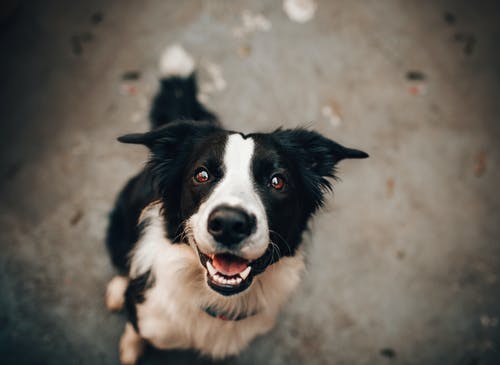There are many factors to remember when you become a pet owner, particularly when adopting cats, dogs, a pot-bellied pig, or a lizard. If you require veterinary care, visit an accredited veterinarian immediately. This article will inform you about different kinds of veterinarians and the training and certificates they must have to help you choose the right one for your pet and livestock.
A veterinarian is a professional who concentrates on ensuring that animals are in good condition. They are accountable for diagnosing and stopping animal illnesses and caring for animals suffering from a disease. It is also possible to consult veterinarians to assist you in caring for your pet. This article will review the numerous services available and when it is necessary for your pet.
Types of Veterinary Care
When it comes to caring for the needs of a pet, there are many choices. What they offer is described as special, critical, and emergency services. It isn’t easy to distinguish the different kinds of veterinary care and how they are integrated into regular veterinary care.
Regular Veterinary Care
All of the veterinary care is preventative or wellness-focused. Instead of treating diseases, the primary objective of veterinary care is to ensure that your pet is well and happy. Their priority is to improve your pet’s life quality and lower the chance of developing an illness. The ability to meet your pet’s health needs with regular veterinary care is essential. These are some examples of the daily veterinary care services:
- Physical exams
- Lab tests and other diagnostic tests
- Vaccinations
- Parasite prevention
- Therapy for behavioral disorders
- Socialization and training
- Nutrition and diet
- Dental care and hygiene
Healthy nutrition and exercise are vital to your pet’s health and capacity to fight diseases over time. Regular veterinarians can also manage emergencies in the medical field, determine and treat wounds, and deal with other health issues. Looking for dermatology services? Check this out.
Emergency Pet Care
Although no one anticipates the necessity of emergency veterinary care for their loved pet, almost all animals will require it at some moment. An emergency is a severe or life-threatening circumstance that requires immediate identification and intervention.
If you take your pet to a veterinary emergency hospital, they will treat the animal medically to carefully examine, diagnose and address the issue. It is important to seek emergency veterinary care is necessary to treat a variety of issues, including the following: injury, poisoning, and bloat (much like the human emergency rooms). Veterinarian emergencies are the primary concern of emergency facilities’ ER teams. They also have the most current medical equipment to handle every pet emergency. Visit veterinary emergency care in Gaithersburg for more information.
Critical Pet Care
An intensive care unit (ICU) that caters to animals that require life-saving care is like the emergency room. Animal hospitals are equipped with the same intensive care facility (ICU) as human hospitals. In fact, the ICU is the most suitable pet hospital for animals that require 24 hours care because of injuries or illness.
If your pet requires constant monitoring as they recuperate, critical veterinary care is essential. In this period, they may require additional tests for diagnosis, such as blood tests, vital signs checks, pharmaceutical administration, and IV therapies, among others. Critical care specialists are available in their facilities. Why not click here to find out more about critical care, in case your pet needs surgery.
Bottom Line
Specialists in veterinary medicine are experts in a specific area of veterinary surgery, treatment, or even a particular animal species. These are only some of the fields of specialization within veterinary medicine. The field of special veterinary care is increasing as they develop new diagnostic and treatment options. Every year veterinary technologies and capabilities improve and become more efficient.




